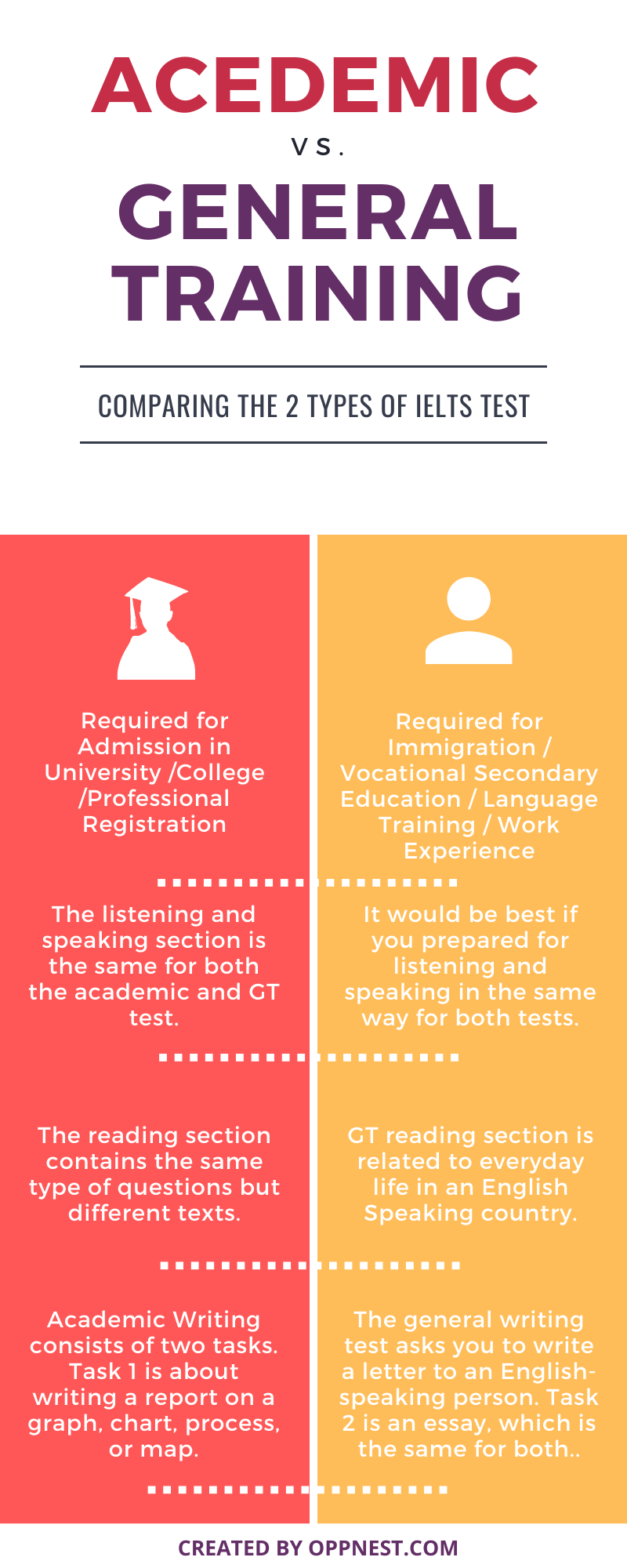The International English Language Testing System, or IELTS, is a standardized test that measures the English language proficiency of non-native English speakers. It is accepted by over 10,000 organizations worldwide, including universities, employers, immigration authorities, and professional bodies. The test assesses all four language skills – listening, reading, writing, and speaking.
IELTS is divided into two versions: Academic and General Training. The Academic version is for those who wish to study at university level, while the General Training version is for those seeking work experience or immigration purposes in an English-speaking country.
What is IELTS Test?
The IELTS test consists of four main sections: Listening, Reading, Writing, and Speaking. The Listening module includes four sections with ten questions each, while the Reading module has three sections with 40 questions. The Writing module requires candidates to complete two writing tasks, and the Speaking module is a face-to-face interview with a certified examiner.
Each section of the test is designed to assess different aspects of language proficiency. The Listening section evaluates a candidate’s ability to understand spoken English in various contexts, while the Reading section tests their reading comprehension skills. The Writing section assesses their ability to communicate effectively in writing, and the Speaking section evaluates their spoken English proficiency.
IELTS scores are reported on a scale from 1 to 9, with 1 being non-user and 9 being expert. Most universities and organizations require a minimum score of 6.5 or 7 for admission or employment purposes. Test takers receive a Test Report Form which includes their overall band score as well as individual band scores for each section.
In conclusion, the IELTS test is a widely recognized assessment of English language proficiency for non-native speakers. It is essential for those who wish to study, work, or live in an English-speaking environment. By understanding the format and content of the test, candidates can better prepare themselves to achieve their desired band score and pursue their academic or professional goals.
